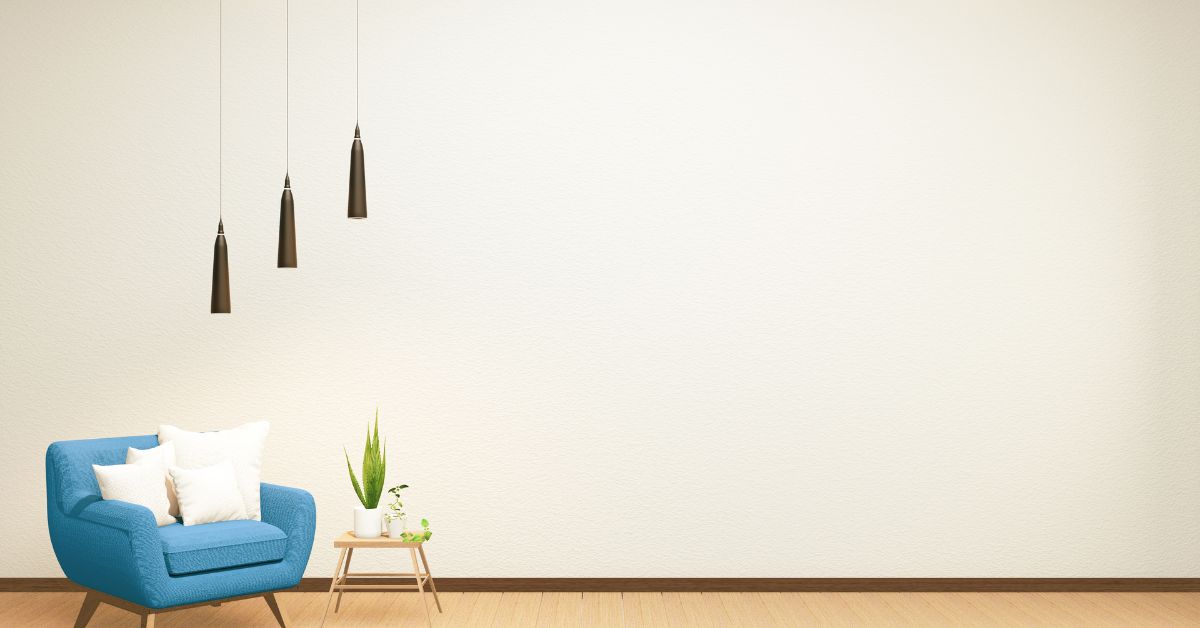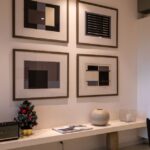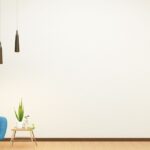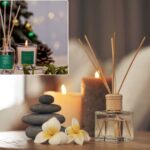Accent Wall Designer
Create stunning patterns and calculate materials for your perfect accent wall
Wall Dimensions
Pattern Type
Pattern Settings
Material Type
Material Calculation
Design the perfect accent wall is the secret weapon of interior design—a simple yet powerful way to add depth, drama, and personality to any room. Whether you love bold geometric patterns, soothing textures, or timeless wood paneling, the right accent wall can transform a bland space into a stunning focal point. But where do you start? How do you choose the perfect wall pattern and colors—and execute it flawlessly?
In this step-by-step visual guide, we’ll walk you through the entire process, from selecting the ideal wall to picking eye-catching designs and applying them like a pro. Plus, we’ll share insider tips to avoid common mistakes and make your accent wall look professionally designed—even if you’re a DIY beginner. Let’s turn your vision into reality!
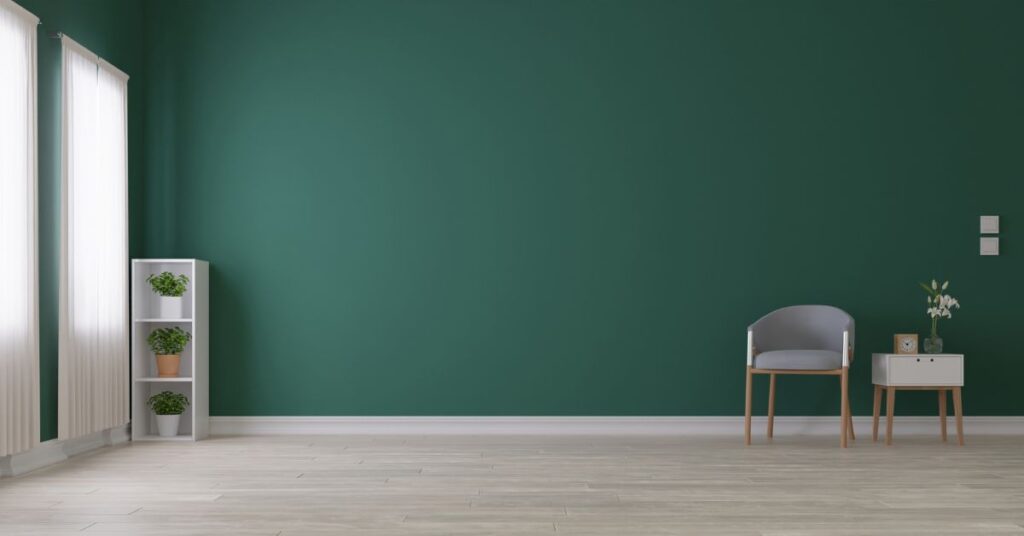
Design the Perfect Accent Wall: Start With These 5 Key Considerations
Creating a stunning accent wall begins with smart planning. Before you pick up a paintbrush or wallpaper samples, these five essential factors will ensure your design enhances your space flawlessly:
- Choose the Right Wall
Not every wall deserves the spotlight. Opt for one that naturally draws attention—behind a bed, sofa, or fireplace. Avoid walls with too many doors/windows, as they disrupt the design. - Consider Room Size & Lighting
Dark colors work best in large, well-lit rooms, while lighter tones or subtle textures prevent small spaces from feeling cramped. North-facing rooms? Warm hues balance cool light. - Define Your Purpose
Should it anchor the room, add drama, or highlight architecture? Bold patterns (like chevron) energize, while muted tones (soft sage) create calm. - Balance With Existing Decor
Pull colors from your rug, artwork, or furniture. Clashing styles (e.g., rustic wood in a modern room) risk visual chaos. - Test Before Committing
Paint a large swatch or tape up wallpaper samples. Observe how light changes the colors at different times of day.
Patterns That Pop: Trending Designs for Maximum Visual Impact
An accent wall’s power lies in its pattern—the right design can elevate your space from ordinary to extraordinary. This year’s top trends blend timeless classics with fresh twists to create showstopping feature walls:
- Organic Curves & Freeform Shapes
Move over, rigid lines—flowing, asymmetrical designs in plaster or paint create modern sophistication. Try a sweeping arch or abstract watercolor wash for artistic flair. - Oversized Geometrics
Bold triangles, hexagons, and diamonds in contrasting colors make a dramatic statement. Scale matters—larger patterns work best in spacious rooms. - Textured Neutrals
Limewash paint, grasscloth wallpaper, or 3D wood slats add depth without overwhelming. Perfect for creating subtle dimension in minimalist spaces. - Nature-Inspired Motifs
Botanical murals, tropical prints, or stone-effect designs bring the outdoors in. Pair with natural materials like rattan or wood for harmony. - Retro Revival
70s-inspired psychedelic swirls and 80s Memphis Group-style bright graphics are making a comeback with contemporary color palettes.
From Sketch to Reality: Pro Tips for Flawless Execution
Transforming your accent wall vision into reality requires precision and smart techniques. Follow these professional strategies to ensure flawless results:
1. Prep Like a Pro
- Surface Perfection: Repair cracks/smooth walls with spackle and sandpaper—textured patterns magnify imperfections
- Tape with Precision: Use Frog Tape for sharp edges and laser levels for geometric designs
- Prime Right: Always prime with tinted primer matching your final color (saves 1-2 coats)
2. Master Pattern Application
- Grid Method: For complex designs, chalk out a scaled grid as your painting guide
- Wallpaper Hacks: Cut pieces 2″ longer than needed, align patterns before pasting
- Wood Features: Pre-stain boards and use spacers for consistent gaps between slats
3. Finishing Touches That Elevate
- Lighting Magic: Install LED strip lights behind floating shelves for a dimensional glow
- Protective Coat: Apply a matte clear coat over the paint to prevent scuffs in high-traffic areas
- Crisp Edges: Use an angled brush and steady hand for perfect ceiling/trim lines
Conclusion:
Designing the perfect accent wall is an art that blends creativity with careful planning. By following these key steps—from selecting the ideal wall and trending patterns to executing with professional precision—you’re equipped to transform any space with confidence.

